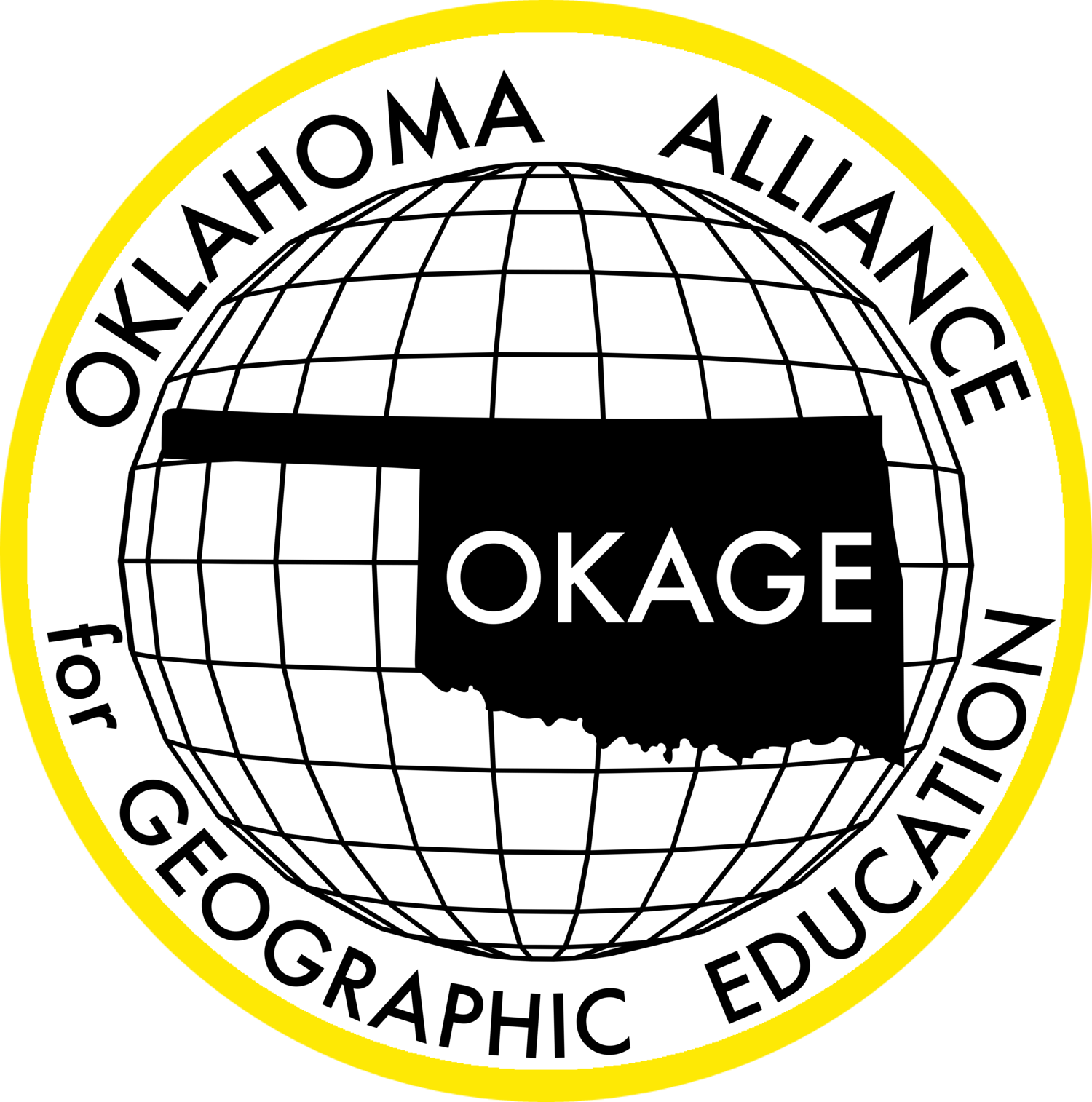Hungry for Humanity
Description: Students will gain understanding in the world-wide humanitarian crisis, causes of food insecurity, humanitarian relief efforts by the United Nations to address hunger in Africa, and other humanenvironmental interaction concepts related in geography.
Grade level(s): Middle Standards: OAS, GFL Produced By: LeaAnn Wyrick
Give Peace a Chance
Description: Students will be able to identify four areas of the world currently receiving help from the UN and will be able to write a brief, informal blog post demonstrating their knowledge of an area of the world in crisis and how it is being affected.
Grade level(s): Middle Standards: OAS, GFL Produced By: Jayne Marley
Globalization, You're Living It.
Race to the Arctic
Description: The objective of the lesson is to evaluate the underlying causes and develop proposals for addressing the future use of natural resources in the changing environment of the Arctic region. Using the essential questions “How can people cooperatively solve common challenges?” and “What responsibilities do we owe the preservation of Earth’s natural resources?” students will work as cooperative teams to investigate the current changes in the Arctic’s environment, the geo-political issues arising from new access to valuable resources, and the impact current regional conflicts have had on the environment, relationships among the international community, and the economic development of the Arctic region.
Grade level(s): Middle Standards: OAS, GFL Produced By: Pam Merrill
The Humanitarians
Description: Non-Governmental Organizations play a huge role in humanitarian response to crises in the world. They are often the first on the scene of a natural disaster and provide relief in political upheaval. The role of the NGO, or as the term is evolving, Civil Society Organization is changing, the organizations themselves facing financial deficits, and the humanitarian role finding itself increasingly unwelcome and sometimes in danger in its attempt to help those who need it most.
Grade level(s): Middle Standards: OAS, GFL Produced By: Jayne Marley
Economic Freedom
Description: How much does economic freedom determine the extent of economic development in a country? In this lesson students examine geographic and economic data and form a hypothesis about what affects the standard of living in more developed and less developed countries.
Grade level(s): Middle Standards: OAS, GFL Produced By: Ann Kennedy
I Want to Go There! Shaping Landforms
Description: Students will gain understanding of Earth’s landforms utilizing map skills, geographic concepts, visual aids, creative-sensory exercise and hands-on learning with real world application.
Grade level(s): Middle Standards: OAS, GFL Produced By: LeaAnn Wyrick
Conflict and Cooperation: Make Peace, Not War
Our Five Oceans: Exquisite, Essential and Endangered
Description: Through exploration and analysis of primary and secondary sources of visual information, and printed and digital texts, students will investigate and discover this interconnected nature, the importance of protecting the oceans, and how what happens to our oceans affects all life on earth.
Grade level(s): Middle Standards: OAS, GFL Produced By: Lynn Tilley
Straits of Magellan
Description: Students will locate the Straits of Magellan, discover its importance as a sailing route connecting the Atlantic and Pacific Oceans until the Panama Canal was completed in 1914, and will learn what its navigation purposes are today.
Grade level(s): Middle Standards: OAS, GFL Produced By: Glenda Sullivan
Flipping Through the Western Hemisphere
Five Themes of Geography: Latin America Tour
Historic Barriers to Transportation and Progress
Description: Throughout history people have had to overcome problems with transportation before real progress could be made. Exploration, jobs, trade, communication, and adaptation to the environment were all challenges to people throughout history with transportation being the key to each. The purpose of this lesson is to investigate the impact that environmental barriers to transportation have had on people including human invention.
Grade level(s): Middle and High School Standards: OAS, GFL Produced By: Bill Amburn
By Road, By Rail, By River
Description: Economic decisions for four centuries have been based on how quickly a product can get to market. Transportation evolved to keep up with market demands. Trails became national roads, river and sea-going transportation increased in size to take on larger and more specialized loads, and rivers themselves underwent transformation into canal systems connecting larger bodies of water with inland ports.
Grade level(s): Middle and High School Standards: OAS, GFL Produced By: Jayne Marley
Major World Political Systems
Exploring El Niño and La Niña
Climbing Weather
Description: Students will discover the difference between climate and weather. Students will gain perspectives on varying climates in the Western Hemisphere and their connections to physical location, land use, and population.
Grade level(s): Middle Standards: OAS, GFL Produced By: Tiffany Neill





















